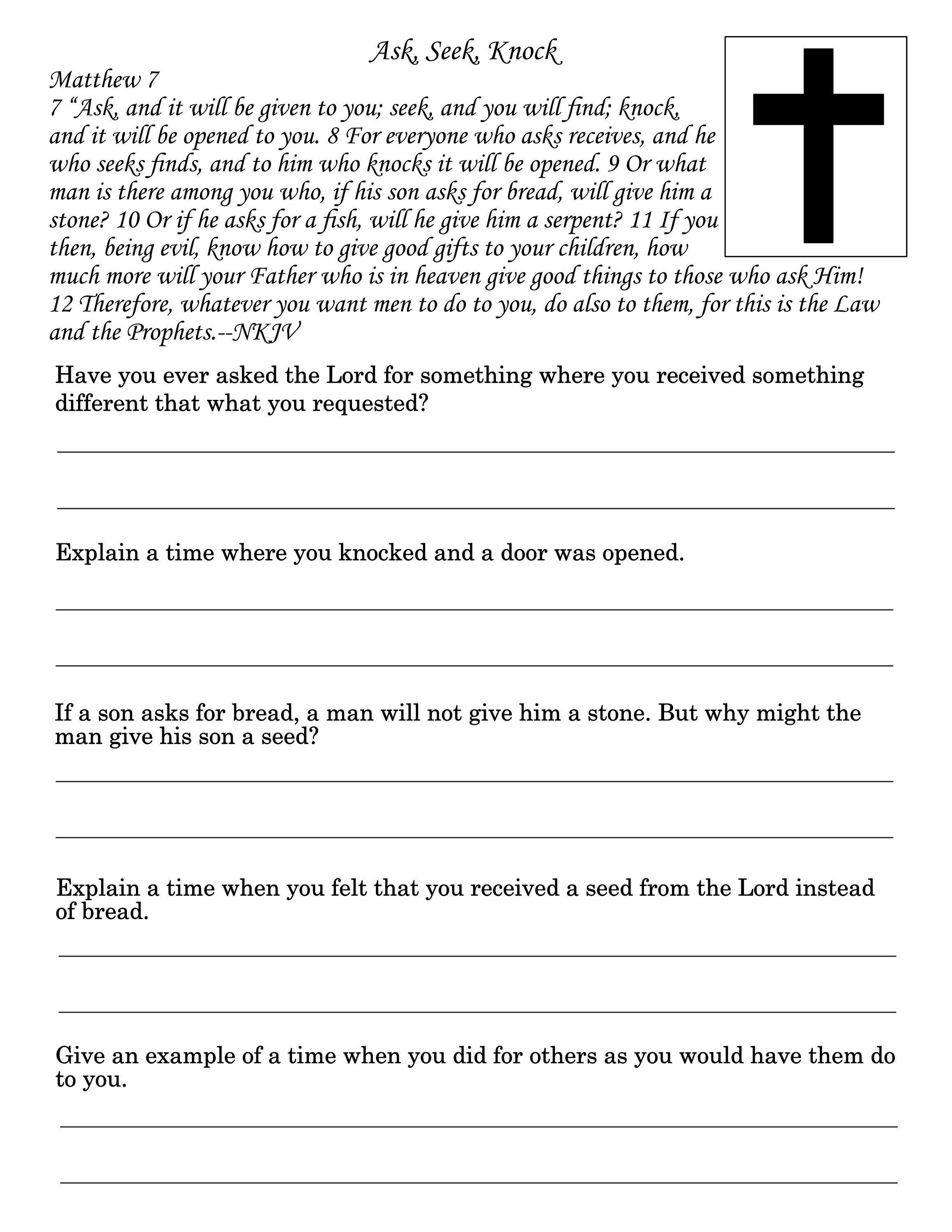Decoding the Bible: A Beginner's Journey

Ever felt drawn to the Bible but intimidated by its sheer size and complexity? You're not alone. Many find the prospect of understanding this ancient text daunting. But approaching scripture doesn't have to be overwhelming. This guide decodes Bible study for beginners, offering a roadmap to navigate its pages and unlock its transformative power.
Imagine exploring a vast, uncharted territory. The Bible, with its diverse genres, historical contexts, and intricate narratives, can feel like that. But just as a seasoned explorer uses a map and compass, so too can you approach the Bible with tools and techniques to navigate its depths. Whether you're seeking spiritual guidance, historical insights, or simply a deeper understanding of this influential text, there’s a path for you.
Starting a Bible study journey as a beginner requires a blend of curiosity, patience, and a willingness to learn. It’s about engaging with the text, not conquering it. This process involves understanding the historical context, appreciating the different literary styles, and finding personal meaning within its stories. One key aspect of engaging with the Bible effectively is choosing a translation that resonates with you. Modern translations often provide clearer language and helpful annotations.
Understanding the origins of the Bible is crucial for grasping its content. Written over centuries by multiple authors, the Bible is a collection of texts, including historical accounts, poetry, prophecy, and letters. Recognizing the historical and cultural backdrop of these writings adds depth to your comprehension and helps avoid misinterpretations. This background knowledge illuminates the motivations, challenges, and triumphs of the people whose stories are woven throughout the scriptures.
The importance of engaging with the Bible lies in its profound influence on culture, literature, and personal belief systems. For many, it offers moral guidance, spiritual solace, and a deeper understanding of the human condition. Even for those approaching it from a secular perspective, the Bible provides invaluable insights into history, philosophy, and the development of Western thought. Learning to interpret the Bible can enrich your perspective on the world and provide a framework for exploring life's big questions.
One common approach for beginners is starting with the Gospel of Mark, known for its concise and action-packed narrative of Jesus' life. Another approach is reading a modern translation or paraphrase alongside a study Bible, which offers commentary and explanations. For example, the NIV Study Bible provides valuable insights into the cultural and historical context.
One benefit of Bible study is gaining a deeper understanding of history and culture. The Bible offers a glimpse into ancient civilizations, customs, and ways of life. Another benefit is developing critical thinking skills. Engaging with the text encourages analysis, interpretation, and the ability to discern meaning. Finally, Bible study can foster personal growth by providing a framework for exploring values, beliefs, and life's purpose.
Create an action plan. Choose a Bible translation, allocate dedicated time for reading, and find a quiet space where you can focus. Start with a small section or a specific book. Join a study group or find online resources that can offer guidance and support. An example of a successful approach is reading a chapter a day and reflecting on its key messages.
Advantages and Disadvantages of Different Bible Study Methods
| Method | Advantages | Disadvantages |
|---|---|---|
| Individual Study | Flexibility, personalized pace | Potential for misinterpretation, lack of external input |
| Group Study | Shared insights, diverse perspectives | Scheduling conflicts, varying levels of commitment |
| Online Resources | Accessibility, vast resources | Information overload, varying quality of resources |
Recommended resources include Bible Gateway (website), the YouVersion Bible App, and the book "How to Read the Bible for All Its Worth" by Gordon D. Fee and Douglas Stuart.
Five best practices for effective Bible study include consistent reading, prayerful reflection, engaging with different translations, seeking guidance from trusted sources, and applying the teachings to daily life.
Frequently asked questions include: How do I choose a Bible translation? What if I don't understand everything? Where should I start reading? How can I apply the Bible to my life? What are some good resources for beginners? How do I stay motivated? What if I have doubts or questions? How can I find a good study group?
One helpful tip is to keep a journal to record your thoughts, questions, and insights. Another is to discuss what you're learning with a friend or mentor.
In conclusion, embarking on a journey of Bible study is a rewarding endeavor that can enrich your life in countless ways. From gaining historical and cultural insights to fostering personal growth and spiritual understanding, the benefits are profound. By following a structured approach, utilizing helpful resources, and embracing a spirit of curiosity and open-mindedness, you can unlock the wisdom within the scriptures and discover its transformative power. Begin your exploration today, and embrace the journey of understanding one of the most influential texts in human history. Don't be afraid to ask questions, seek guidance, and allow the scriptures to speak to you in their own unique way. The journey of understanding the Bible is a lifelong adventure, and each step you take brings you closer to unlocking its timeless wisdom.
Mastering windows 10 split screen boost your productivity
Determining your atvs worth kelley blue book guide
Conquering aluminum your guide to torque spec mastery













